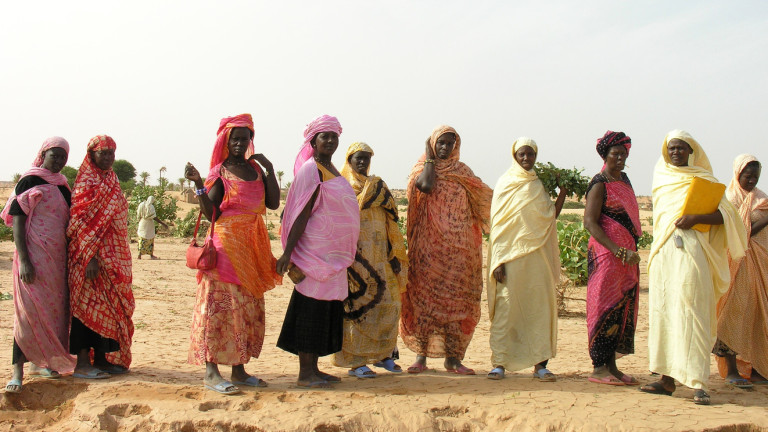Short-term political risk : Three countries upgraded, three downgraded
In the framework of its regular review of short-term (ST) political risk, Credendo has upgraded three countries and downgraded three countries.
| Upgrades | From | To |
| Mauritania | 4 | 3 |
| Mongolia | 5 | 4 |
| Togo | 5 | 4 |
| Downgrades | From | To |
| Honduras | 2 | 3 |
| Israel | 3 | 4 |
| Uganda | 4 | 5 |
Honduras: downgrade from 2/7 to 3/7
Amid persistent current account deficits, foreign exchange reserves have steadily decreased since 2021 (see graph below). Though they still stand at an adequate level of covering almost 4 months of imports in June 2024, reserves are significantly lower than the country’s average of about 5.5 months of import between 2019–2021. Given the deterioration of liquidity, Credendo decided to downgrade the short-term political risk classification to category 3/7.
Mongolia: upgrade from 5/7 to 4/7
Mongolia’s external liquidity has been stabilising at a relatively stronger level over the previous months. Indeed, short-term debt is acceptable and foreign exchange reserves have remained above USD 4 billion during the year, corresponding to 3 months of imports. In August, they were 18% higher than one year ago. This improved level has allowed an upgrade of the short-term political risk to category 4/7. Looking ahead, external downside risks could wane somewhat in the coming months. Mongolia should benefit from the US Fed’s interest rates cuts and improved international market conditions, a welcome evolution given Mongolia’s high external debt service (roughly equivalent to the amount of foreign exchange reserves). Moreover, fiscal and monetary stimuli are likely to boost economic activity in China in the near term, potentially benefiting Mongolia too, given its high export dependence on China. Future stability is also strengthened by the victory of the ruling Mongolian People’s Party at last June’s elections, allowing policy continuity.
Uganda: downgrade from 4/7 to 5/7
Foreign exchange reserves have reached their lowest level in years, as the liquidity provided in 2023 under the IMF’s ECF programme has been used up. Investment in infrastructure for the Kingfisher and Tilenga oil fields is an important reason why the current account deficit is driving the decrease in reserves. This is a mitigating factor to some degree, especially since the oil fields are expected to start commercial production in 2025. However, since reserves have now fallen to around 2.5 months of imports, a downgrade to category 5/7 is deemed appropriate.


